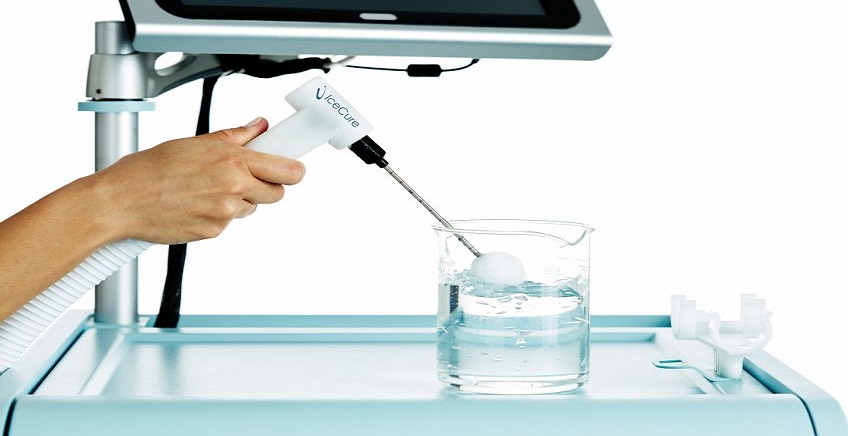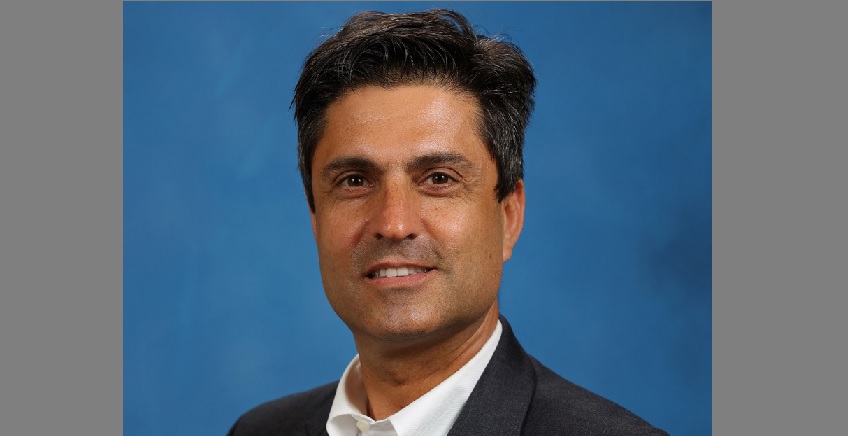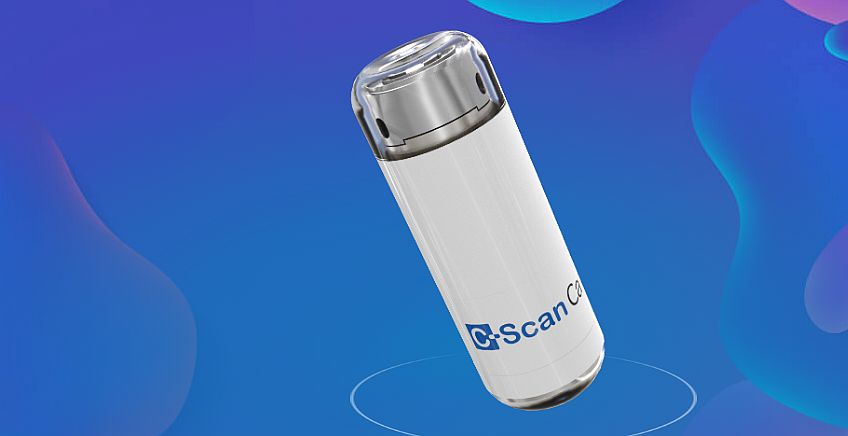IceCure Company, the developer of cryoablation-based cancer tumor destruction system, is preparing for the most significant phase of its technology commercialization. A month ago, the company had submitted regulatory filing (De Novo Classification Request) with the FDA for marketing authorization its ProSense system as an approved procedure for treating early stage breast cancer. For several years IceCure market its ProSense system in various markets and for different cancers such as liver, bone, and lungs cancer. nevertheless, receiving an FDA approval for the current submission will open the major market the company targets: breast cancer patients in the United States.
The company estimates that about 40,000-60,000 annually diagnosed women across the USA meet the indication’s criteria and will be able to undergo the treatment, following FDA approval. The innovative process is conducted by inserting thin needles into the tumor and generating, using liquid nitrogen, a sub-zero temperatures ice sphere at the tip of the probe and obliterate the tumor by freezing. This method is tissue-harmless, thus there is no need for breast excision surgery, nor any other cosmetic damage is taking place. The minimally invasive procedure is completed in less than 30 minutes and no full anesthesia is required.
In the medical device market, an FDA authorization is indeed a mandatory precondition, however, such authorization is not a warranty for commercial success. As part of its preparation for the opening of the new market, few months ago IceCure brought to its ranks Mr. Gilad Glick, formerly CEO of Itamar Medical, as a strategic advisor to the Company. Glick will assist the company in establishing its marketing and sales infrastructure in the USA and in forming its go-to market strategy.
The medical device companies’ trinity
IceCure hope that Glick will be able to reproduce Itamar Medical’s business success during his term as the CEO. Itamar Medical developed a wearable medical watch to aid in the diagnosis of respiratory sleep disorders. The main advantage of the device is by being a non-invasive, user-friendly instrument that provides the ability to diagnose sleep disorders in the patient’s house and not spending the night in a sleep lab. Glick was CEO of Itamar Medical from 2013 through 2021 when Itamar Medical was acquired by ZOLL Medical Corporation for $538 million at the end of 2021. From $2.3 million revenue in Q1 2017, the company’s revenue increased to $12.6 million in Q2 2021. Glick is also well familiar with the American market, which constituted 80%-90% of Itamar Medical’s revenues. Glick is marketing and sales oriented, and before joining Itamar Medical he held the position of VP Worldwide Sales and Marketing for Biosense Webster, a world Cardiology leader.
In a conversation with Techtime, Glick explains: “Throughout my whole career I was engaging in commercializing medical technologies. For a medical equipment company, the holy trinity that makes it possible to generate value is quality clinical data, finding solution for a medical issue not yet resolved or without a proper alternative, and insurance indemnity. IceCure is approaching towards this value creation, and it is currently in the most interesting phase in the life of a medical equipment company”.
Recently, IceCure published the results of an extensive clinical experiments held in the USA. For 5 years, the research followed 196 patients that went through the new procedure. Thus far, only six patients (3%) experienced cancer recurrence. The results of this research formed the basis for the last FDA approval request, and it should be the basis for future indication expansion, in order to increase the future target patients.

Beyond the high recovery and the low recurrence rates, a major added value of the system, and a one that differentiate it is the fact that the procedure causes no damage to the tissues surrounding the tumor. The liquid nitrogen is flowed directly into the tumor through the needles, without harming any tissue. Then, when the tumor is frozen, the remains are gradually draining through the lymph nodes. Usually, when a breast tumor is discovered, a partial breast excision surgery is required in order to prevent the tumor’s growth.
“The surgery alternative, a breast excision, is highly invasive and fundamentally changes the patient’s body. We offer a non-invasive alternative that does not change the shape of the breast. This is a huge advantage in in the medical equipment world nowadays: offering a non invasive alternative for a traditional, invasive procedure. Also, some of the patients underwent the surgery need additional operation in the future, something that our treatment eliminates”.
Until now, without the FDA approval, the most strategic market of the company’s operation is the East-Asian market. The company had been granted regulatory approvals at several countries, including Japan. However, the revenues from this market stay modest in the past years. IceCure operates in this market through cooperation with Terumo, the giant Japanese medical equipment company, who serves as the exclusive distributor in Japan, Singapore, and Thailand. However, profit margins are lower in distribution model, and the marketing initiatives, as well as the communication with the local medical bodies, are in the hands of the distributor.
Within the American market IceCure operates through subsidiary and is intended to mange the marketing and sales channels by itself. “Commercializing medical technology is a coherent doctrine. It is a process to be prepared for. My role is to prepare the company, so we will be ready to accelerate the commercialization in the minute we receive the FDA approval. We establish our sales force and the supporting infrastructure, the marketing strategy, and the messages. There are various fields we can approach, from Interventional radiology, breast cancer surgeons and Interventional Oncologists – and we must suit the messages and the proper marketing channel for each of them”.



